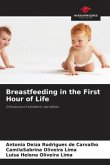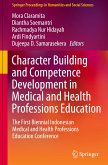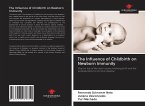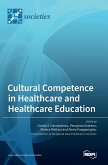The learning of physiological labor management by midwifery students most often takes place with women receiving epidural analgesia and in maternity units with evolving obstetrical practices. We conducted a quantitative, prospective observational study including all new midwives graduating in 2017 from the 35 schools in France. We found that 68.6% of midwives "rather" felt they knew about the course of physiological labor, but more than half described a "rather not" sufficient number of learning opportunities as well as "rather not" suitable training sites for physiological labor management. With an average score of 7 out of 10, midwives overall feel competent to manage physiological labour. Given the evolution of obstetrical practices and the limited learning opportunities in the birth room, midwifery students combine different learning methods with their initial training to be competent in managing physiological labour.








